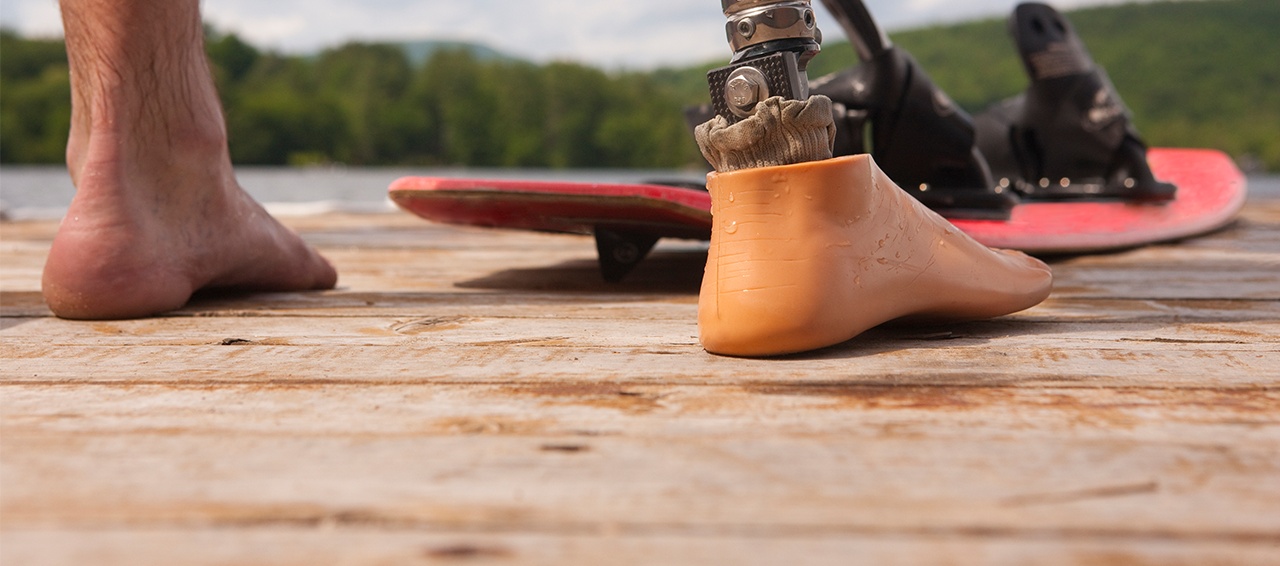Curriculum
Intensive interdisciplinary learning
The five-year Dalhousie Physical Medicine and Rehabilitation Residency Training Program is founded on interdisciplinary learning and individualized support from accomplished faculty members.
The curriculum is designed to offer opportunities in all areas of special interest, either as part of the core training experience or electively, and provide ample exposure to clinical research. Graduating residents have an excellent success rate with the Royal College of Physicians and Surgeons final exams.
